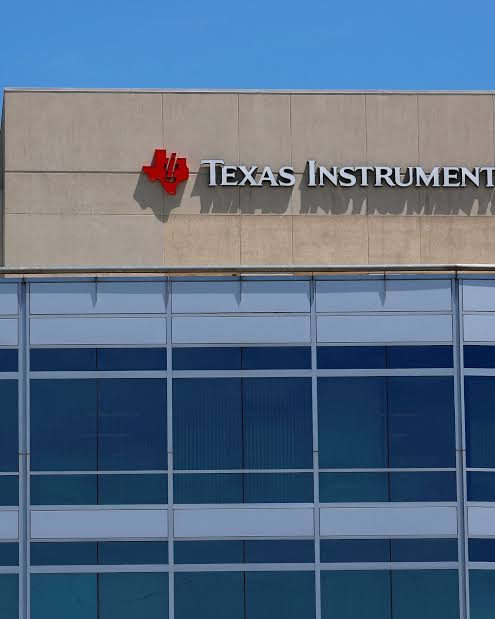Texas Instruments Inc. (TI), one of the world’s leading semiconductor manufacturers, has issued a cautious outlook after reporting a recent slowdown following a tariff-driven spike in demand earlier this year. The company’s strong financial performance was largely attributed to customers rushing to stockpile chips ahead of U.S. tariff increases on Chinese imports, which temporarily boosted sales.
However, with the tariffs now fully implemented, TI expects demand to normalize and growth to moderate in the coming quarters. The company’s leadership emphasized that this slowdown is a natural market correction after the unusual surge, rather than a sign of deeper trouble. TI’s executives highlighted that the semiconductor sector remains fundamentally strong, driven by ongoing demand for chips in automotive, industrial, and consumer electronics markets.
One key point of investor concern has been the impact of the U.S. CHIPS Act, a recent legislative effort aimed at bolstering domestic semiconductor manufacturing through subsidies and incentives. Many industry players fear that this could disrupt supply chains or shift market dynamics. However, Texas Instruments reassured stakeholders that the CHIPS Act poses no immediate risk to its business model or operational plans. The company continues to view its global supply chain as resilient and adaptable, and it remains committed to investing in production capacity both domestically and internationally.
Market analysts note that TI’s comments reflect a broader trend of semiconductor companies adjusting their outlooks following an extraordinary period of demand volatility caused by tariffs, geopolitical tensions, and supply chain disruptions. While the chip shortage that plagued the industry during the pandemic appears to be easing, ongoing challenges such as inflation, currency fluctuations, and shifting trade policies still contribute to market uncertainty.
Despite these headwinds, Texas Instruments remains optimistic about its long-term prospects. The company continues to invest in research and development, focusing on advanced analog and embedded processing technologies that serve critical sectors like automotive electronics, industrial automation, and 5G infrastructure.
In summary, Texas Instruments is navigating a transition period marked by the end of tariff-driven stockpiling and evolving government policies. While near term growth may moderate, the company’s fundamentals and strategic positioning suggest it remains well-placed to capitalize on the semiconductor market’s long term expansion.
Investors and industry watchers will be paying close attention to TI’s upcoming earnings reports and guidance, which will offer further insights into how the company plans to manage the post-tariff environment and leverage emerging opportunities in the semiconductor space.
source: reuters.com

Leave a Reply